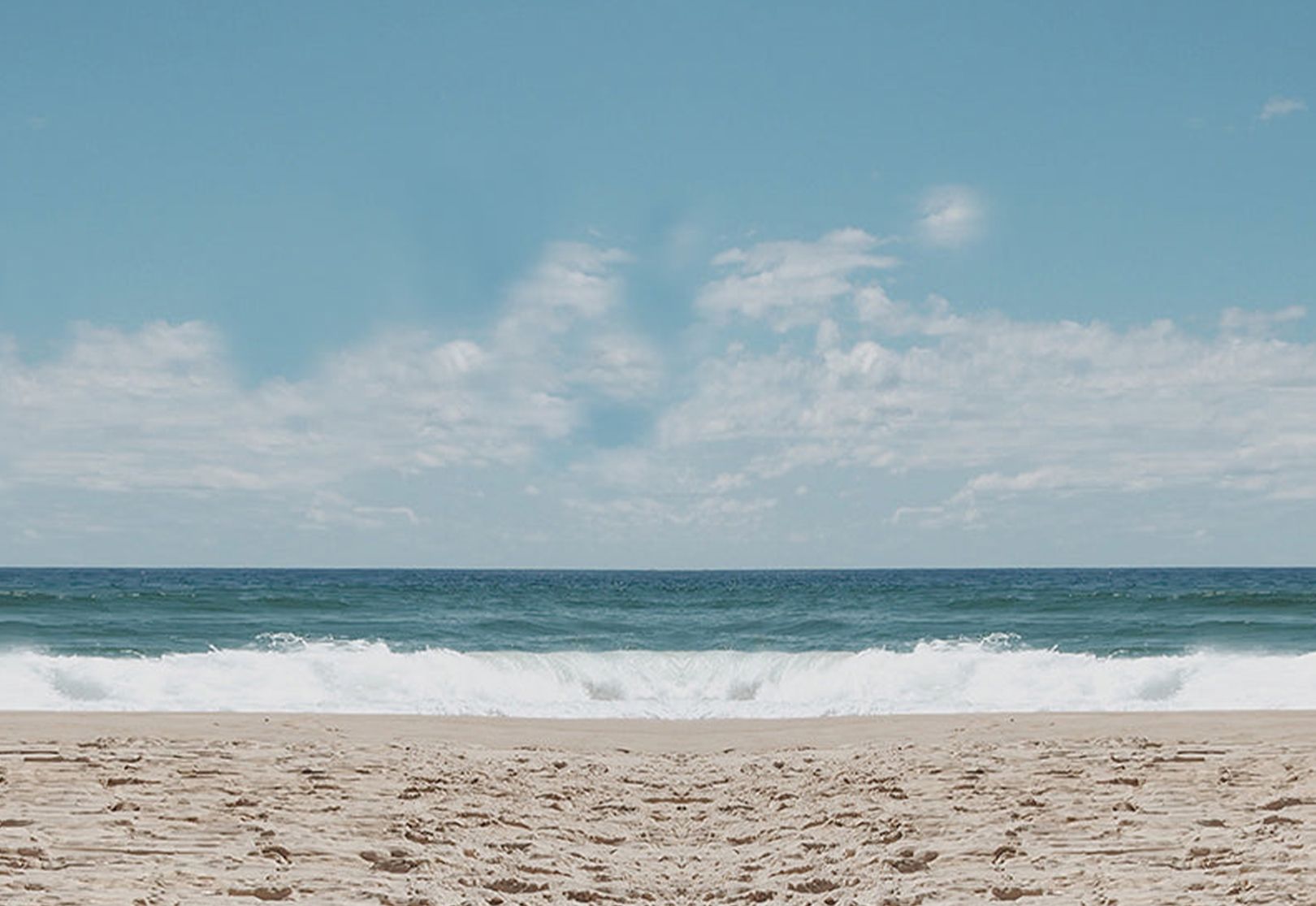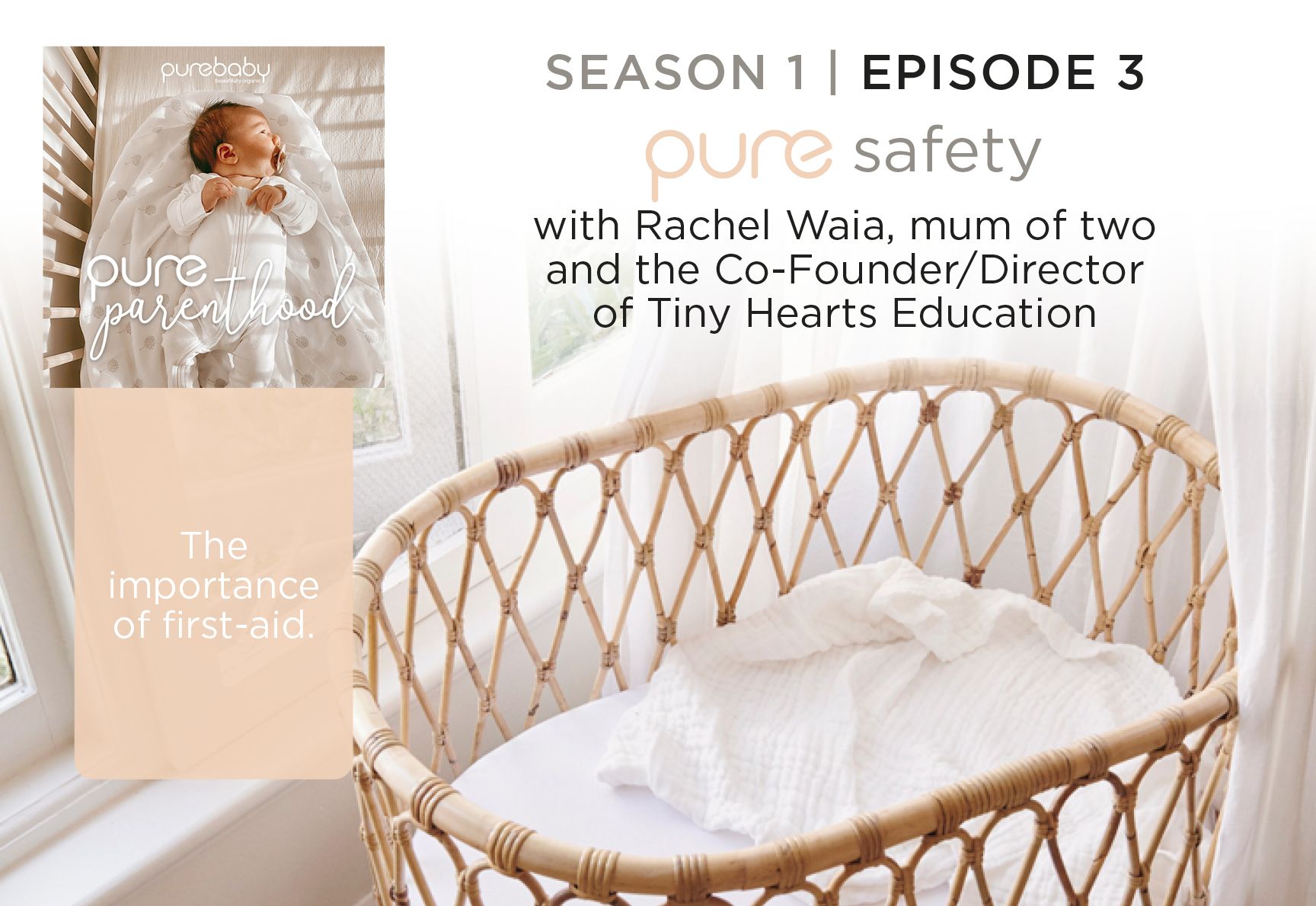
Sun Safety for Babies
11 min read | 19 September 2021
New In
Essentials
Clothing
Accessories
Shop By Gender
Shop By Size
Collections
Baby
Clothing
Accessories
Shop By Gender
Shop By Size
Collections
Nursery
Care
Play
Kids
Clothing
Accessories
Shop By Gender
Shop By Size
Collections
Care
Play
Gifts
Baby Gifting
Kids Gifting
Shop By Price
Shop By Event
Shop By Gender
Sale
Sale
Shop By Gender
Learn
Education
Resources
Pre-Loved
Rewards
10 min read | 23 August 2020

It’s important to be prepared before bringing your little one home. Here’s some of the must-dos before your little one arrives:
Watch a professional install the seat for you and ensure that you know how to do this too, to avoid booking in to get it re-fitted if you need to change cars. Ensure the car seat is in line with Australian standards, has a five or six-point harness, and is rear facing. This advice does change based on the age of your little one.
Setting up a nursery is one of the most important and exciting parts of welcoming a baby into the world. The way you set up the nursery is vital to the safety of your bub. For the cot, you want to ensure the mattress is firm fitting and meets Australian standards. Ensure that the cot is not placed against a window and if there are any curtains or blind cords, ensure that these are well out of reach. You’ll also need a change table, comfortable feeding chair, bottles, breast pumps, nappies and of course – all the cute clothing
Speak to the experts about what pram is going to best suit you and your family and fit in the back of your car. Again, it’s essential to ensure that your pram meets the Australian standards and has a five-point restraint harness that goes around baby’s waist and legs. It’s important that the pram has parking brakes, and if it does have a carry basket, ensure it doesn’t tip once it’s loaded with your nappy bag and groceries.
Tiny Hearts offers incredible first aid education in multiple options. For more information about infant first aid courses or to book an online class, visit the Tiny Hearts’ website. Also ensure that you have a first aid kit.
As parents, we wish we could prevent illness and injury on our little ones, but the truth of the matter is that they will experience hurt at some stage in their lives. From bumps and bruises, to serious first aid emergencies,; being prepared and having a first aid kit on hand is essential.
It’s also important to ensure that you have a first aid kid that is paediatric specific for your little one rather than a regular kit, as everything in the kit is smaller.
Did you know that using a resuscitation mask will result in safer and more effective resuscitation? Among many things, paediatric resuscitation masks provide a one-way valve which separates the patient and the rescuer - offering greater protection when performing CPR. In addition, the paediatric specific design allows for a tighter seal when delivering the breath component of resuscitation to little ones.
The holy grail of any first aid kit. Plasters and bandages are essential for patching up cuts, scrapes and everything in between. Different wounds require different dressings and products to assist with healing, so it’s great to have a variety of dressings on hand so you can effectively manage wounds at home. We recommend having a mix of dressings (to control and cover wounds), conforming bandages (to hold dressings in place) and triangle bandages (for support), in conjunction with everyday plasters.
As parents, we know when something’s not right with our baby, but sometimes it can be hard to check your little one’s temperature just by touch. A thermometer will give you quick and accurate reading and tell you whether or not it’s time to head to your local GP. If your child has a fever and is under three months old, please see your doctor immediately. We recommend purchasing a digital thermometer - these are best for taking temperatures by the armpit and mouth. This way, you will receive a clear and concise reading on the display.
If it’s got ‘anti’ at the start, we want it! Having antibacterial hand gel and wipes on hand is essential for hygiene and cleaning wounds before dressing. Antiseptic creams and gels are also great to have on hand to treat and soothe any little mishaps. In addition to antiseptic products, we keep insect repellent in our first aid kit to be prepared for all occasions.
Cold packs are an essential first aid item for parents to have on hand, and they are useful for many first aid incidents. From bumps and bruises to sprains and stings, cold packs will help to reduce inflammation and soothe the pain. Cold packs can either come in the reusable version which can be kept in your family fridge, or the instant option. Both are great! While reusable cold packs are optimal, the instant version is easy to store, great for travel purposes and useful in emergency situations.
Bringing a baby into the world is so exciting, and you may receive a lot of visitors after your little one arrives. You could send a message around to let everyone know that your little one is arriving soon and communicate your requests. You may request that everyone has had the Whooping Cough vaccination prior to visiting.
Be mindful to not visit unannounced
– You don’t know if the parents have had an unsettled baby throughout the night or are currently feeding baby. Ensure to call ahead to ask whether they mind you visit at this time.
Don’t visit if you are unwell –
Even if you have the slightest sniffle, stay away from the little one as their immunisation systems are fragile at this point. It’s also important to not kiss the baby – as tempting as it!
Avoid posting on social media –
It’s important not to break the news on social media before the parents. Let the new parents enjoy their new addition and let them post if and when they’re ready.
Don’t overstay your welcome –
It’s easy to stay for long periods, however everyone needs a bit of family time. When you are visiting, consider bringing something helpful for the parents, like a freshly cooked meal or offer to nurse baby while mum or dad has a shower.
This article was written by Tiny Hearts Education, in conjunction with episode 3 of Purebaby’s podcast, Pure Parenthood. To learn more about Tiny Hearts Education, visit their website for more information.
Sign up to Pure Love Rewards and get $10 off your first online order, earn points every time you shop and more!